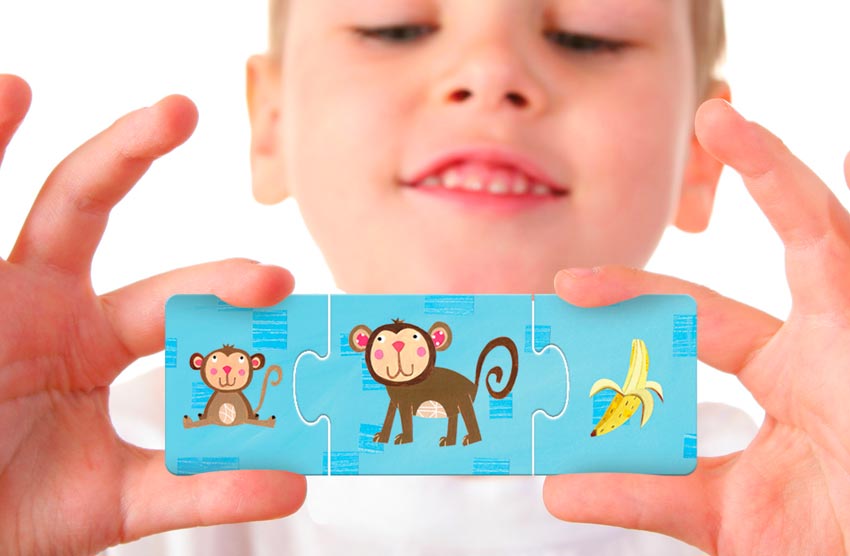Our company has always been linked to education and social values. For some time, the educational value of the game has been compromised, but thanks to companies, educators and new movements, more and more parents and educators have adopted the method of learning by playing. In our desire to help parents and educators we have sought out great experts to create a range of products that help parents, educators and especially children to learn by playing. This is the Headu method that will soon be in stores.
The digital revolution, the growing mass of information, the explosion of the potential of science and techniques and the acceleration of globalization, by now make it essential to have new ways of thinking and the new ways of learning: from small children to grownups, at school, at work and in life.
HEADU stimulates the multiple intelligences of children through play and with amusing educational devices, organized into a personalized menu of competences in order to practice in a spontaneous and non-compulsory manner with a capacity for permanent learning.
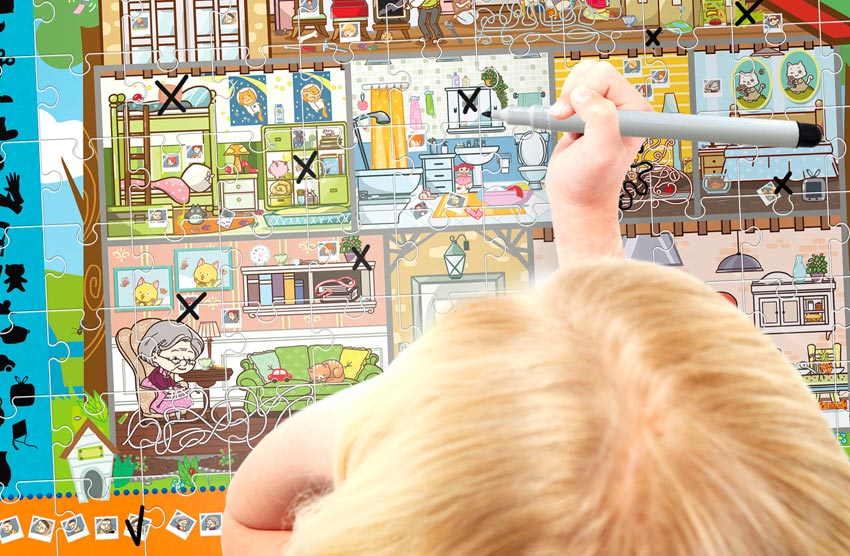
HEADU has created a method in five key points:
1 FUN TO PLAY!
Think of play as an essential evolutionary instrument and let children play a lot! In the benefit of early learning is an unquestioned fact, the place of play in helping that learning process has likewise been proved. As the Romans used to say, ludendo docere! – Teaching through fun!
Many sociologists, psychologists and anthropologists have suggested playing as a “central factor” in human operations. Among these professionals, the Dutch historian Johan Huizinga (in the photo, 1872 – 1945) was extremely influential. In his book Homo Ludens, he affirmed that every human action appears to be a “mere game”.
2 EDUCATIONAL DEVICES
Educational devices that activate adaptive processes oriented at specific competences.
Learning is an “extraordinary fact” and is accomplished due to the necessity of adapting oneself to change, just as “being competent” exists not only of carrying out routine actions, but also and above all in mobilizing one’s thoughts in the face of a new task.
The Headu educational devices trigger adaptive processes. Children can activate several ways of thinking in order to resolve a more or less complex situation. Their effort, motivated by play, will lead to new combinations of their knowledge, savoir faire and “saper essere”.
3 MENU OF COMPETENCES
Rich and stimulating, the menu of competences provides for basic abilities, cognitive processes and fundamental disciplinary focuses that definitively develop the capacity of learning how to learn! In fact, these educational devices include areas and abilities of a humanistic, scientific, expressive, and social type, and even others, and bring children close to each topic in different ways, from several points of view, and by appealing to several formae mentis.
4 MULTIPLE INTELLIGENCES
“Not one, but several formae mentis, several way of thinking at birth” (Howard Gardner). Multiple Intelligences are appropriate ingredients in developing a permanent learning capacity.
What is Intelligence?
We can define intelligence as the ability to form and accumulate those competences that guarantee to the individual a strong capacity for adaptability, i.e. for resolving difficult problems in order to give a meaning to one’s own life in a context that gives it its true significance.
How does intelligence function?
With his theory of Multiple Intelligences, the American psychologist Howard Gardner maintains that a single intelligence does not exist, but that at birth each person has a t his or her disposition several ways, several formae mentis, that are relatively independent of each other. Present biologically in each person even if in different ways, these “intellectual raw materials” in reality take form in a context that is capable of making them emerge and of appreciating them by manifesting themselves undivided, in the various fields, as socially accepted.
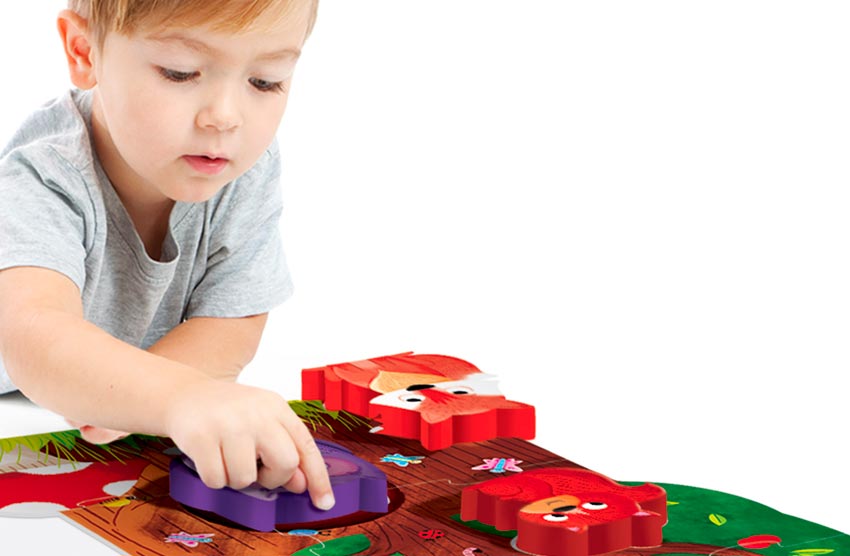
5 MULTIPLE EDUCATION
We build from birth by taking care of our multiple potential intelligences.
Parents as educators
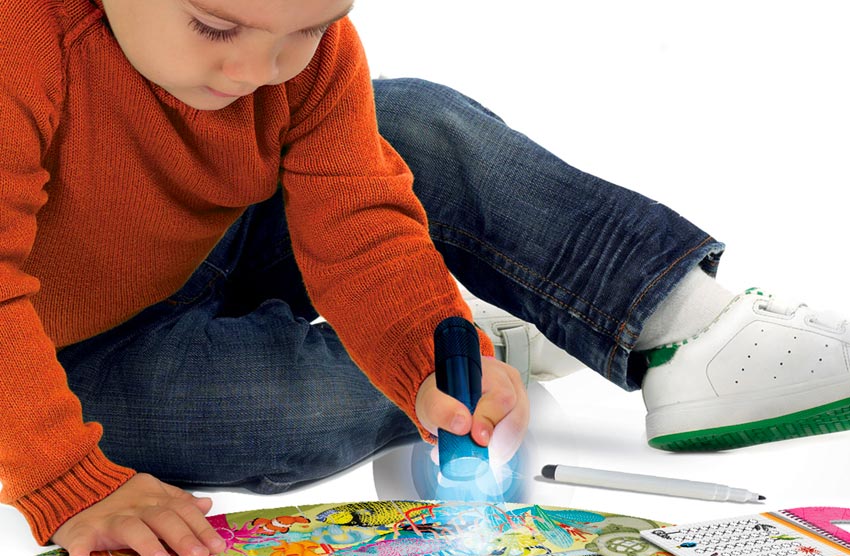
The delicate task of identifying inclinations and natural intelligences early in the child’s life is up to their educator and in particular to the parent. This is a delicate but essential task in order to offer to the same a correct “training diet”.
Easy for parents
To help both parent and educators to find the most suitable educational devices, each HEADU products shows clearly both the “objective” competence of the game and also the principal intelligence involved in the development of the said competence.
